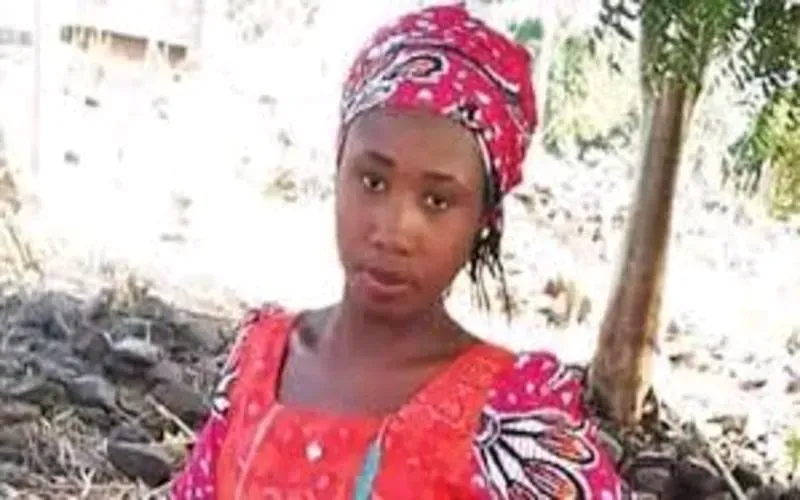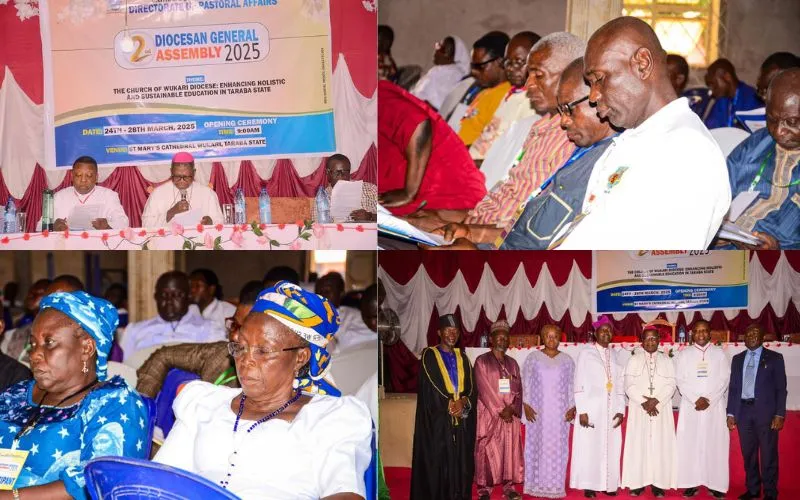Leah was among the 110 girls abducted from the Government Girls’ Science and Technical College (GGSTC) Dapchi in Yobe State reportedly by members of the Boko Haram militia on 19 February 2018.
While other girls were released the following month, on 10 March 2018, Leah, who was aged 14 at the time of her abduction was not set free for reportedly refusing to convert to Islam.
In the May 14 statement, USCIRF officials say, in reference to Islamic State - West Africa Province (ISWAP), that they are “extremely disappointed that the Nigerian government continues to fail Ms. Sharibu and the thousands of women and girls abducted by ISWAP or Boko Haram by not making their rescue a priority.”
When the other girls were freed in March 2018, President Buhari assured the people of God in the West African country that his government would not relent in its efforts to bring Leah safely back home.
In the May 14 statement, USCIRF Commissioner Frank Wolf says, “Leah Sharibu is just one of thousands of Christians and members of other faith communities who have been targeted because of their religion or belief and subjected to horrific violence in Nigeria.”
Mr. Wolf adds, “The U.S. government must take these threats more seriously and hold the Nigerian government accountable for tolerating such unspeakable violations committed by ISWAP, Boko Haram, and others.”
“The State Department must designate Nigeria a Country of Particular Concern (CPC) and appoint a Special Envoy to the region,” he further says.
Multiple reports indicate that Boko Haram has been responsible for attacks and kidnappings in Nigerian schools.
In the May 14 statement, USCIRF officials say, “ISWAP and Boko Haram represent two of the most egregious violators of religious freedom rights in Nigeria. In the face of extreme violence, Nigerian security forces have routinely failed to address allegations of bias and inaction.”
They note that the Nigerian government has also “failed to sufficiently address drivers of violence and extremism, including against religious communities, in its country, despite significant U.S. financial support. Nigerian authorities even hold several individuals incarcerated for expressing their own religious beliefs and worldviews.”








